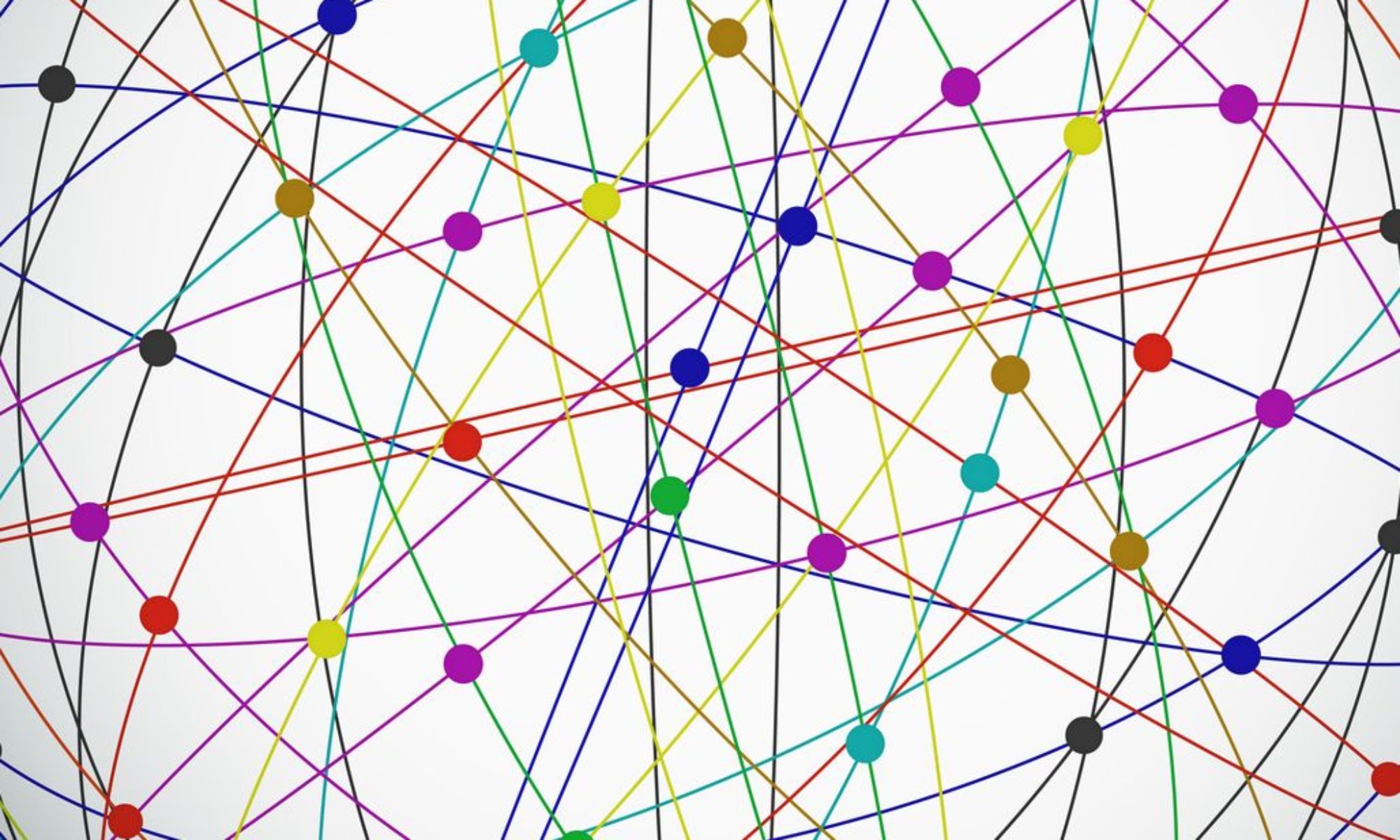First published, 12/11/12
In my last blog post I talked about how conversations are the medium for our communities to survive and thrive. But how are conversations working in your community right now? Is every town hall, city council, and community meeting getting the same results? Do the conversations revolve around the same problems, the same complaints, and does it seem like they move forward slowly or not at all?
There are tools we can use to change that! In this blog I will be giving ideas about how to have conversations that are different from the past, and have different outcomes. Peter Block, in his book Community; The Structure of Belonging, said, “Nothing in our doing or the way we go through life will shift until we can question, and then choose once again, the basic set of beliefs-some call it mental models; we’re calling it context here—that lie behind our actions. …Implied in this insight is that we can choose a context that better suits who we are now.” (p. 15)
All conversations already grow from the context that each of us bring with us. We have assumptions; about what is possible, about how others will treat us, if we think others will listen or not. We hold values and beliefs that we think others share or that they do not. We have expectations about how we and others are supposed to act in this specific situation. We are normally unconscious of all of these things, yet this is what our conversations grow from.
It is possible to change the results of our conversations by intentionally choosing a new context to begin from. So what does that look like? With any group you can have a guided conversation to uncover the unconscious context of the members, and agree to a new one that “better suits who we are now”. It can happen when you agree that something needs to change, and that better results just might be possible. You might decide that curiosity is more important than judgment, that spending time getting to know the others in the conversation helps you to listen better, that you all value authenticity and honesty. I can tell you that this exercise can uncover powerful connections, help individuals let go of barriers and give you the opportunity to have a new conversation with a new outcome.
As an individual, you will find that even doing this exercise alone can impact your next conversation. You might not be able to get a group to agree to this exercise, but you can do it yourself and see what happens. Attempt to uncover your assumptions, check what you expect, make a commitment that in this conversation you will listen intently for what you have in common with the speaker, and be willing to ask questions before you say that you don’t agree. Then let us know how it worked!
If you would like instructions about how to lead a context setting exercise, let me know in your comments. I will be happy to support a new and different conversation!
What do you think? Do you have a story about how your expectations created the results of a conversation? Have you ever decided on a new context and had a new result? Let’s talk!
